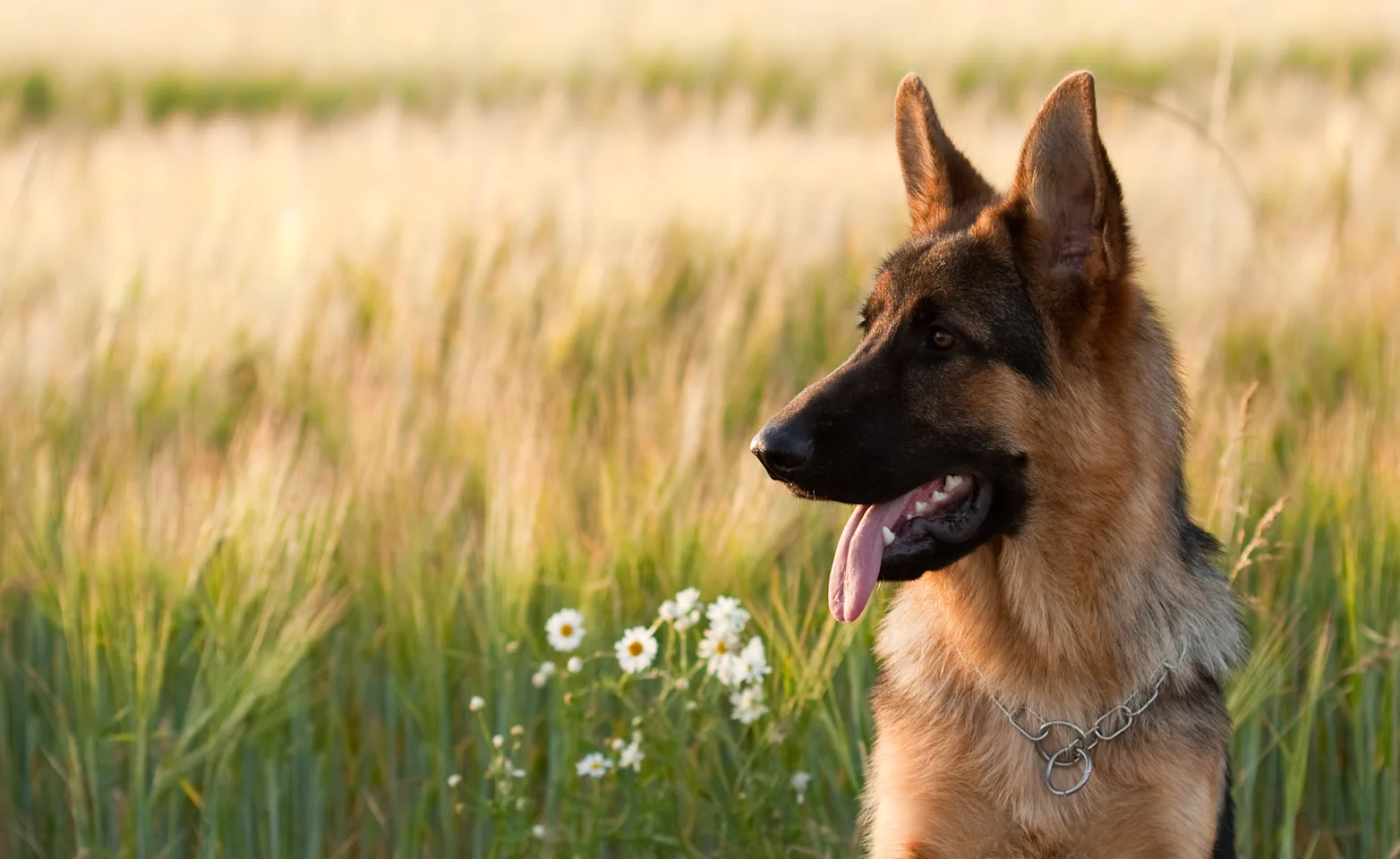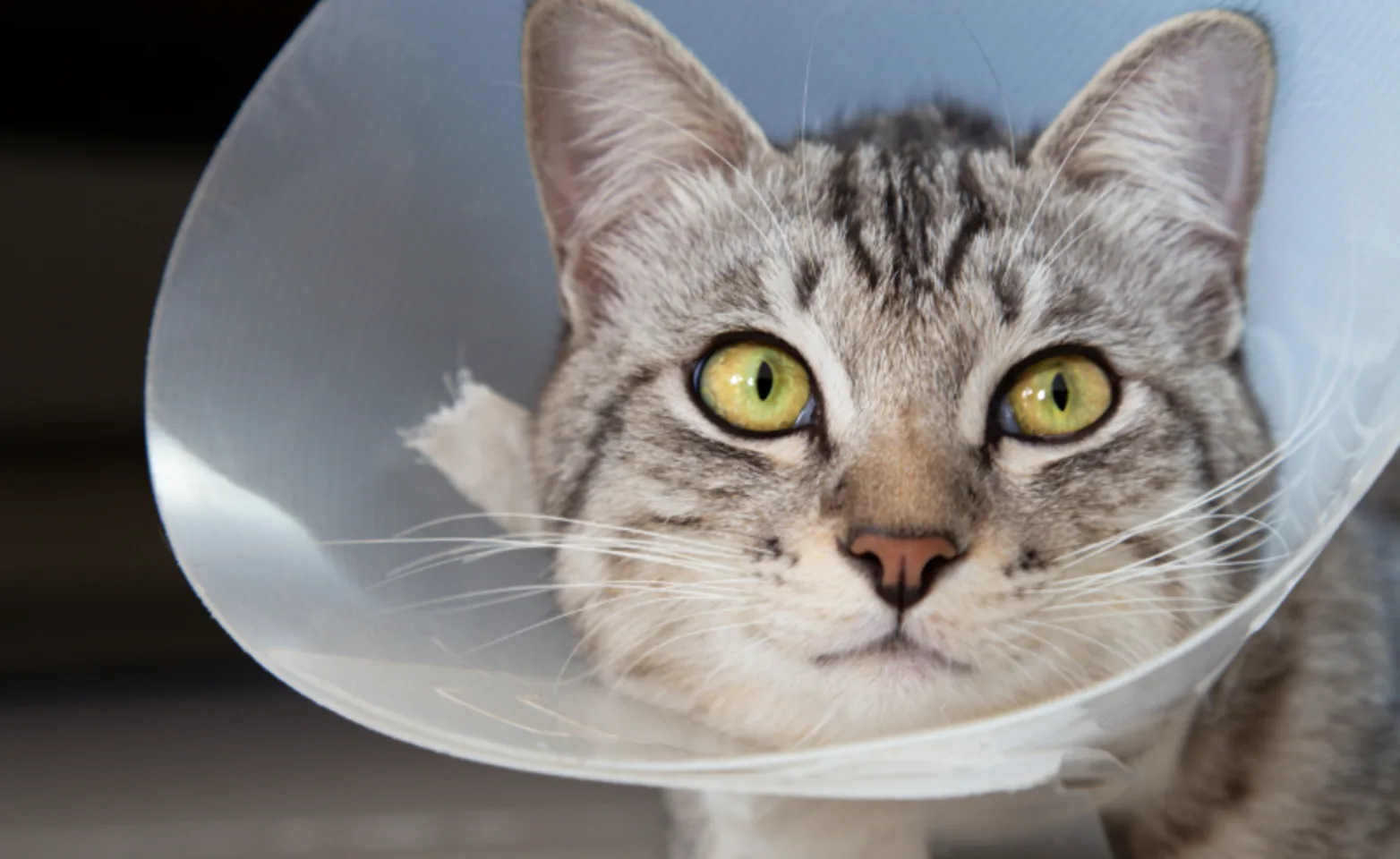Veterinary Emergency & Specialty Hospital (VESH) - Wichita

Soft Tissue Surgery
Overview
Soft tissue surgery involves procedures that do not involve the bones or joints. This includes surgeries of the ear, nose, and throat; cardio-thoracic operations; hepatic (liver) procedures; gastrointestinal surgeries; urogenital interventions; skin reconstruction; and oncological (cancer-related) surgeries.
If your pet requires soft tissue surgery, our team is committed to ensuring their safety and comfort throughout the entire process—from pre-surgery preparation to post-surgery recovery.
A variety of Soft Tissue Procedures are available, including but not limited to:
Head and Neck
Brachycephalic Airway Syndrome Repair (soft palate, stenotic nares, laryngeal stents)
Ear surgery (TECA, Polyps, Ventral Bulla Osteotomy)
Tonsil surgery
Tongue surgery
Oral surgery (Mandibulectomy/Maxillectomy)
Laryngeal paralysis
Thyroid and Parathyroid gland removal
Abdominal/Perineal
Anal gland masses
Anal sacculectomy for anal sac infections/impactions/abscesses
Biopsies
C-section
Gall Bladder disease
Gastrointestinal surgery (foreign body, tumors)
GDV (gastric-dilatation volvulus)
Kidney disease (Nephrectomy/Stones)
Liver surgery (biopsy, portosystemic shunts, tumor removal)
Lower urinary tract disease (cystotomy, ectopic ureters, ureterostomy, urethrostomy)
Pancreatic surgery
Perineal and scrotal urethrostomy
Splenectomy
Skin
Reconstructive surgery (skin grafts and flaps)
Tumor removal
Wound management and repair
Thoracic
Cardiac surgery (PDA)
Chylothorax
Pericardectomy
Lung disease (bullae, cancer, torsion)
Rib Resection
Pleural port placement
Thoracotomy

Orthopedic Surgery
Overview
Orthopedic surgery focuses on treating conditions involving bones, joints, ligaments, and muscles—areas where your pet may experience pain or discomfort.
If your pet requires veterinary orthopedic surgery, our team will prioritize their safety and comfort throughout the entire process, from pre-surgery preparation to post-surgery recovery.
A variety of Orthopedic Procedures are available, including but not limited to:
Tibial Plateau Leveling Osteotomy (TPLO) for CCL rupture
Patella Luxation
Fractures
Femoral Head Ostectomy (FHO)
Why would my pet need orthopedic surgery?
Orthopedic surgery can help animals who suffer from joint problems, torn ligaments, broken bones, and can even help correct congenital problems. Most orthopedic surgery is focused on the cranial cruciate ligament (CCL), sometimes referred to as the Anterior Cruciate Ligament (ACL).
When should I seek orthopedic care for my pet?
Pay attention to the way your pet is moving around, any unusual changes may mean they have an orthopedic condition.
Typical symptoms of an orthopedic disorder include difficulty getting up, favoring a leg intermittently when walking, limping - swelling in the leg, stiffness or decreased activity level. If you notice any of these problems, you should take your pet to our facility for an examination.
How are typical orthopedic injuries treated?
Tibial Plateau Leveling Osteotomy (TPLO)
Tibial plateau leveling osteotomy is used to repair a torn ligament by changing the dynamic of the animal’s knee. The ligament becomes irrelevant to the stability of the knee by counteracting the force that caused the ligament to tear. The reconstructive surgery cuts the tibia bone, rotates it, and becomes held in place with metal plates. This is an extremely effective long-term solution for the injury.
Luxating Patella Surgery
Patellar luxation is a dislocated kneecap and most commonly seen in small breed dogs. Most patellar luxation occurs when the patellar displaces from its normal position to the inside of the knee. Pets with this condition may have an intermittent non-weight bearing lameness and you may even hear a popping noise in their knee. There are many ways to treat this from a simple knee brace for a Grade 1 luxation, to realignment surgery for lower grade luxations. Bring your pet in so we can determine the best way to treat the luxation.
Fracture Repairs
A fracture is a break in the bone or cartilage and can be repaired from simple external splinting to more advanced internal plating. Fractures are typically caused by trauma, a disease or tumor in the bone, or stress applied to a certain bone.
Our veterinarians adhere to the highest level of care standards for all surgical procedures. Our highly skilled doctors place the utmost emphasis on pain management to ensure your pet is safe and comfortable throughout the treatment process. Using advanced technology, your pet's vital signs are monitored by our veterinary technicians, who will remain with your pet through recovery.

Exotic Pet Surgeries
At the Veterinary Emergency & Specialty Hospital of Wichita, we are pleased to offer specialized surgical services for exotic pets. Our experienced team provides advanced surgical care for a variety of exotic species, including, but not limited to, birds, reptiles, amphibians, fish, and small mammals such as rabbits, guinea pigs, and ferrets. Surgical availability includes, but again is not limited to, spays/neuters, soft tissue surgeries (like gastrointestinal, urinary, etc.), oncological surgery, and orthopedic surgery.
Our facility is equipped with state-of-the-art surgical suites and diagnostic tools tailored to the unique needs of exotic animals. We collaborate closely with referring veterinarians to develop comprehensive treatment plans, prioritizing the health and well-being of your exotic pet throughout the surgical process.
We understand that access to specialized surgical care for exotic pets can sometimes feel out of reach, which is why we strive to keep our pricing both affordable and comparable to university teaching hospitals—without the long wait times often associated with those facilities.
Please note that all exotic pet surgeries are conducted strictly on a referral basis from your primary care veterinarian, ensuring that each patient receives the most appropriate and coordinated care. If you believe your exotic pet may require surgical intervention, we encourage you to consult with your primary veterinarian to discuss the referral process. For referring veterinarians, please give us a call to initiate the process.
For more information or assistance with the referral process, please contact us at (316) 262-5321.

In addition to advanced and emergency surgical care, we are proud to offer a range of minimally invasive soft tissue procedures (MIS) designed to reduce pain, minimize recovery time, and improve outcomes for your pet. These procedures are performed using specialized techniques that require smaller incisions and cause less trauma to the body’s soft tissues, helping your pet get back to feeling their best—faster and more comfortably and with decreased chance of surgical site infection Minimally invasive surgery also reduces hospitalization time. MIS has become the gold standard in human medicine, and we are proud to bring this level of care to our veterinary patients. In fact, we are the only facility in the state with access to certain advanced equipment—technology that even some human doctors don’t have in their practices. This includes tools like indocyanine green (ICG) fluorescence imaging, which enhances surgical precision by allowing for real-time lymph node mapping, tumor margin assessment, and evaluation of tissue viability and blood flow.
Despite the sophistication of this approach, the cost of many MIS procedures is comparable to traditional open surgery—while offering a clear benefit in terms of comfort, safety, and recovery.
Our minimally invasive services include:
Laparoscopic Spay
– A less invasive alternative to traditional spay surgery, laparoscopic spays typically result in less post-operative pain, quicker recovery, and a decreased chance of ovarian remnant syndrome.
Laparoscopic Spay with Gastropexy
– Ideal for large-breed or deep chested dogs, this dual procedure also tacks the stomach to the abdominal wall to help prevent life-threatening gastric dilatation-volvulus (GDV).
Laparoscopic Cryptorchid Neuter
– For pets with retained testicles, laparoscopic techniques allow for precise removal with less trauma and a smoother recovery.
Cryptorchid Neuter with Gastropexy
– Combines cryptorchid neuter with a preventive gastropexy, offering a comprehensive solution for at-risk breeds.
Laparoscopic Gastropexy
– A preventive procedure to help protect dogs prone to GDV ("bloat"). It can be performed at any age in any large-breed or deep chested dogs. It is recommended that this be performed at the time of spay or neuter but can be performed at any time!
Laparoscopic Liver Biopsies
– A safe and targeted way to obtain liver tissue samples for diagnostic purposes with minimal discomfort.
Laparoscopic Cholecystectomy –
Recommended for pets diagnosed with gall bladder mucoceles to prevent life-threatening rupture. Elective laparoscopic removal greatly decreases mortality risk—from as high as 50% in emergent cases to less than 2%. This procedure can also be performed emergently in select patients.
Thoracoscopic Pericardiectomy
– Removes a portion of the pericardial sac to relieve pressure or fluid buildup, often needed in patients with cardiac tumors. Compared to the traditional open-chest approach, thoracoscopic surgery uses three small (< ½ inch) incisions, leading to a significantly more comfortable and faster recovery.
Thoracoscopic Lung Lobectomy
– Allows for removal of a lung lobe without large chest incisions or cutting through the sternum, making the recovery much easier for the patient.
Other MIS procedures
– We also offer lap-assisted splenectomy, laparoscopic cystotomy (bladder stone removal), nephrectomy (kidney removal), lymph node biopsies, and more.
These procedures are performed by our experienced surgical team using state-of-the-art equipment (including ICG) to ensure the highest standard of care. If you have questions about whether a minimally invasive approach is right for your pet, our team is happy to provide guidance and support.

Why choose Veterinary Emergency and Specialty Hospital of Wichita?
Our beautiful facility has fully equipped surgical suites. We have a fully equipped intensive-care unit (ICU) and surgical recovery unit so that we can attend to your pet’s every need.
We formulate an anesthesia plan that is tailored specifically to your pet's condition and monitoring before, during, and after surgery, just like a human hospital!
Our skilled surgical team, including experienced nurses and a highly qualified surgeon, is dedicated to providing exceptional care for your pet.
We will provide care for your pet and treat your pet as if he/she were ours! Your pet is never alone!
We have an experienced team of emergency doctors and emergency nurses who will provide the care that your pet deserves.
Before your pet goes home, we will thoroughly review instructions for care at home, and they will be typed out in 1-3 pages. If you have any questions or concerns, call us!
We will also ensure that we provide reliable follow-up and communication with your family veterinarian.
Skilled & Innovative Surgical Care
Our surgical team consists of highly trained experts who have dedicated years to mastering their field. After completing four years of veterinary school, our specialists undergo extensive additional training under the guidance of experienced small animal surgeons. At Veterinary Emergency & Specialty Hospital, we are committed to delivering the highest standard of care for both you and your pet. To learn more about our expert veterinary surgical team, click below.

